Lebanon’s Top Choice: Rent Rolloff Containers, Save Big!
Struggling to manage unexpected waste during emergencies in Lebanon, TN? Say goodbye to hassle and h…….
Introduction
In the realm of waste management, the Lebanon Rolloff Container has emerged as a pivotal solution for efficient waste collection and disposal. This article delves into the multifaceted world of these containers, exploring their origins, functions, and impact on environmental sustainability and economic growth. By the end of this exploration, readers will have a comprehensive understanding of how Lebanon Rolloff Containers are revolutionizing waste management practices globally.
Understanding Lebanon Rolloff Container
A Lebanon Rolloff Container, commonly known as an LRC, is a large bin on wheels, designed to facilitate the collection and transportation of waste materials. It consists of a hinged lid at one end, a hopper bottom, and a body made from durable materials such as steel or reinforced plastic. These containers are versatile and can be employed for various types of waste, including construction debris, municipal solid waste, and industrial by-products.
The historical context of the LRC is rooted in the need for efficient waste handling systems that could adapt to different terrains and handle large volumes of waste. The design was first conceived in Lebanon, hence the name, due to its suitability for the challenging terrain and the burgeoning demand for effective waste disposal methods.
The LRC’s significance lies in its ability to streamline waste collection processes by eliminating the need for manual loading and reducing labor costs. It also minimizes environmental impact through its efficient operation and can be tailored to comply with specific waste management regulations. The LRC is a critical component in the broader landscape of sustainable development and waste management strategies worldwide.
Global Impact and Trends
The global influence of the Lebanon Rolloff Container is evident in its widespread adoption across different continents. North America, Europe, Asia, and Africa have all integrated LRCs into their waste management systems. The growing consciousness about environmental conservation has spurred a rise in the demand for efficient waste collection solutions, with LRCs being at the forefront of this change.
Key trends shaping the trajectory of LRCs include technological advancements, increased recycling rates, and stringent environmental regulations. The adoption of LRCs is also influenced by factors such as urbanization, population growth, and the shift towards circular economy models. These trends underscore the importance of sustainable waste management practices and the role LRCs play in achieving global sustainability goals.
Economic Considerations
The economic aspects of Lebanon Rolloff Containers are multifaceted. They contribute to market dynamics by offering a cost-effective and labor-saving solution for waste collection. Investment patterns in the waste management sector have been influenced by the introduction of LRCs, with significant capital being directed towards the procurement of these containers and associated infrastructure.
LRCs are integral to economic systems as they support circular economy principles by facilitating the efficient recycling of materials. They also create job opportunities in manufacturing, waste management operations, and maintenance services. The economic impact of LRCs extends to environmental conservation, as investing in sustainable waste management can lead to long-term cost savings through reduced cleanup costs and lower health risks associated with improper waste disposal.
Technological Advancements
Technological advancements have significantly impacted the design and functionality of Lebanon Rolloff Containers. Innovations such as GPS tracking for efficient routing, compaction systems to maximize capacity, and solar panel installations for energy independence are becoming standard features. These advancements enhance the efficiency and sustainability of LRCs, ensuring their role in waste management remains relevant in an ever-evolving technological landscape.
The future potential of these technologies is vast, with ongoing research into smart containers that can sort waste automatically and biodegradable materials for container construction being explored. Such advancements promise to further revolutionize the waste management industry and reduce the environmental footprint of LRCs.
Policy and Regulation
The governance of Lebanon Rolloff Containers is influenced by a complex array of policies, regulations, and legislative frameworks. These include standards for design and operation, environmental protection laws, and waste management regulations that dictate how waste should be collected, transported, and disposed of. Compliance with these regulations is crucial for the successful integration of LRCs into waste management systems.
Policies promoting recycling and reducing landfill use have been instrumental in encouraging the adoption of LRCs. Regulatory frameworks also ensure that the environmental impact of LRC operations is minimized, from emissions to noise pollution. The alignment of these containers with global sustainability goals is a testament to their importance in the waste management ecosystem.
Challenges and Criticisms
Despite their benefits, Lebanon Rolloff Containers face several challenges and criticisms. These include concerns over the environmental impact of manufacturing and operation, issues with waste contamination, and the need for improved recycling processes. Additionally, the integration of LRCs into existing waste management systems can be complex, often requiring significant changes in infrastructure and operations.
To address these issues, actionable solutions such as investing in greener technologies, improving recycling facilities, and enhancing regulatory frameworks are essential. Collaboration between manufacturers, waste management companies, and policymakers is crucial to ensure that LRCs operate sustainably and effectively within the broader context of environmental stewardship.
Case Studies
Several case studies highlight the successful implementation of Lebanon Rolloff Containers in various regions. For instance, a municipality in Europe successfully reduced its landfill usage by 40% through the adoption of LRCs and improved recycling programs. Similarly, an African city managed to improve waste collection coverage by 30% after introducing LRCs into its urban landscape. These case studies demonstrate the transformative potential of LRCs when implemented effectively.
Conclusion
The Lebanon Rolloff Container has become a cornerstone in modern waste management systems, offering a scalable and sustainable solution to the growing challenge of waste disposal. Its global adoption is a reflection of its versatility, efficiency, and ability to adapt to different environments and regulatory landscapes. Through technological innovation, economic integration, and policy support, LRCs continue to evolve and play a pivotal role in advancing sustainable waste management practices worldwide.
FAQs
What is a Lebanon Rolloff Container?
A Lebanon Rolloff Container is a large bin on wheels with a lid that can be lowered to allow filling, then rolled to a disposal area for emptying and compacting waste materials.
How do Lebanon Rolloff Containers contribute to sustainability?
Lebanon Rolloff Containers support sustainability by optimizing waste collection processes, reducing labor costs, minimizing environmental impact, and facilitating recycling and resource recovery.
What are the economic benefits of using Lebanon Rolloff Containers?
The economic benefits include cost savings from reduced labor, efficiency gains from technology integration, job creation in manufacturing and operations, and support for circular economy principles through effective waste management.
How do regulations affect Lebanon Rolloff Container usage?
Regulations influence LRC design, operation, and integration into waste management systems by setting standards and ensuring compliance with environmental protection laws.
What are some challenges associated with Lebanon Rolloff Containers?
Challenges include managing environmental impacts, addressing waste contamination issues, and integrating LRCs into existing waste management infrastructure and operations.
Can you provide examples of successful implementations of Lebanon Rolloff Containers?
Yes, successful implementations include reducing landfill usage in European municipalities and improving waste collection coverage in African cities, among others.
Are there any alternatives to Lebanon Rolloff Containers for waste management?
Alternatives include traditional dumpsters, rear-loading trucks, side-loading trucks, and automated side-loader (ASL) systems, each with its own set of advantages and disadvantages compared to LRCs.
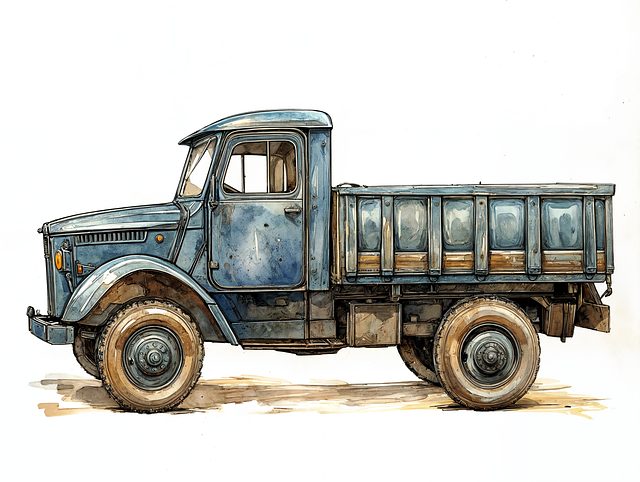
Struggling to manage unexpected waste during emergencies in Lebanon, TN? Say goodbye to hassle and h…….
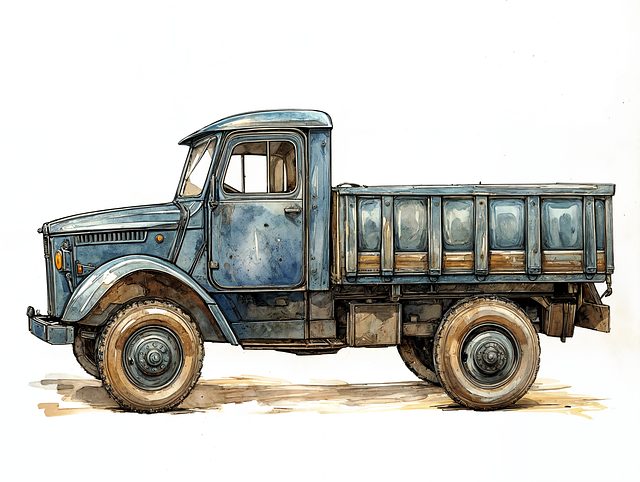
Are you looking to transform your Lebanon property without breaking the bank? Look no further than o…….
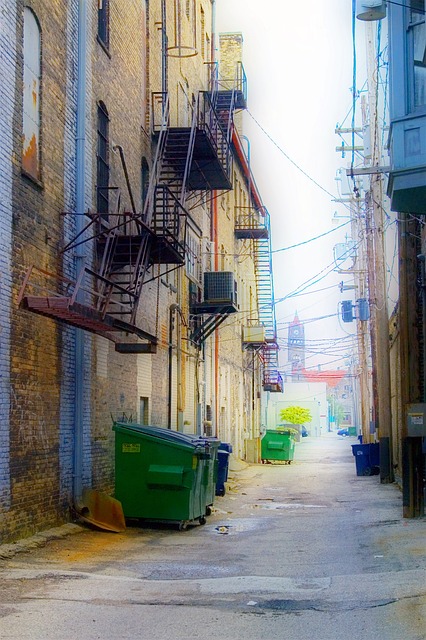
Are you in Lebanon, TN, searching for an affordable and efficient way to manage construction or home…….

Are you planning an event in Lebanon, TN, and struggling with waste disposal? Say goodbye to hassle!…….

Tired of juggling construction debris and rising costs? Dumpster rentals just got a whole lot easier…….

Are you planning a grand outdoor event in Lebanon, TN? Struggling with waste management and cleanup?…….
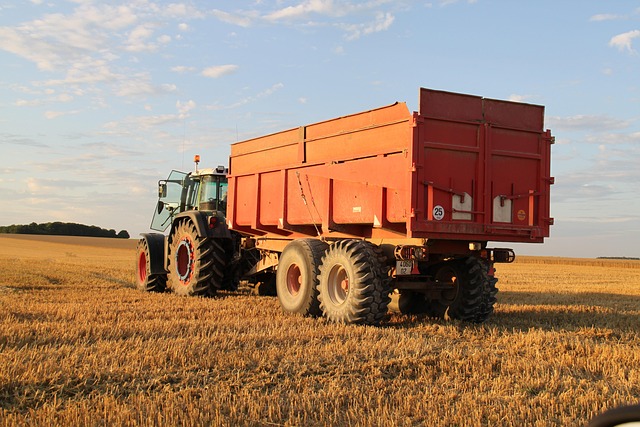
Struggling with construction waste removal in Lebanon? Say goodbye to hefty fees and hello to saving…….

Are you a roofer in Lebanon, TN, tired of the high costs and hassle of traditional waste removal? Sa…….
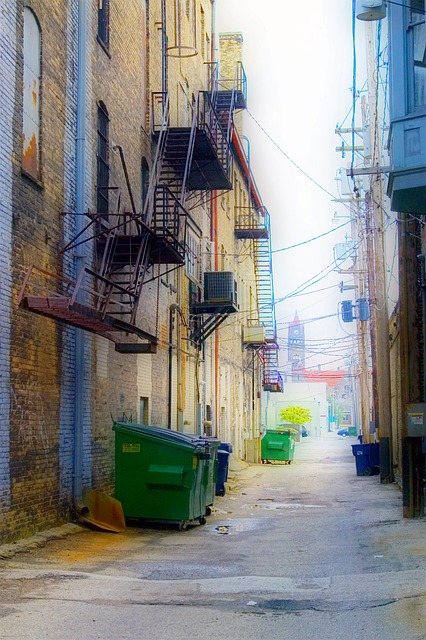
Struggling with debris removal for your road project in Lebanon, TN? Say goodbye to hefty clean-up b…….

Tired of the annual struggle with spring cleaning in Lebanon, TN? Say goodbye to back-breaking trips…….